Welcome



https://www.youtube.com/watch?v=GfgQV7fQjFg
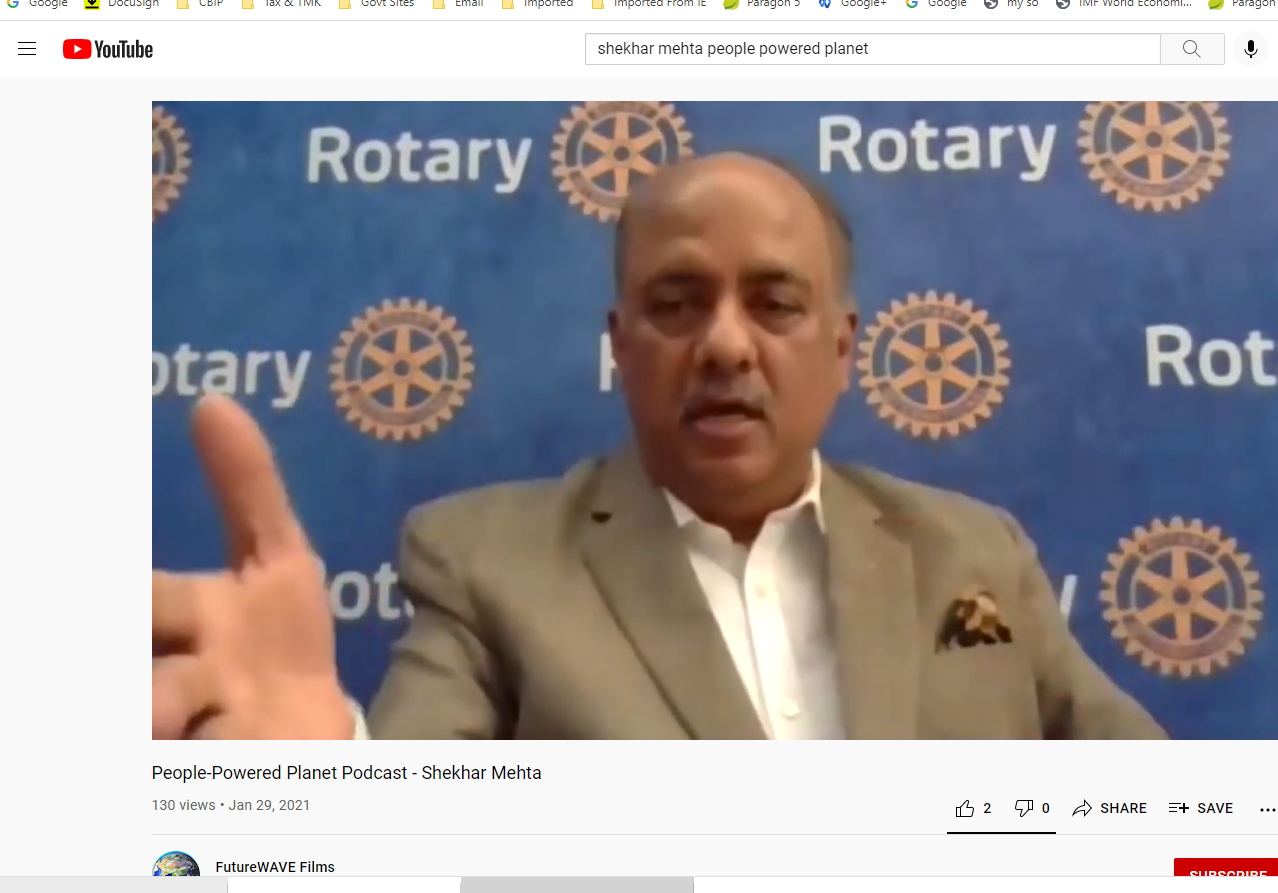
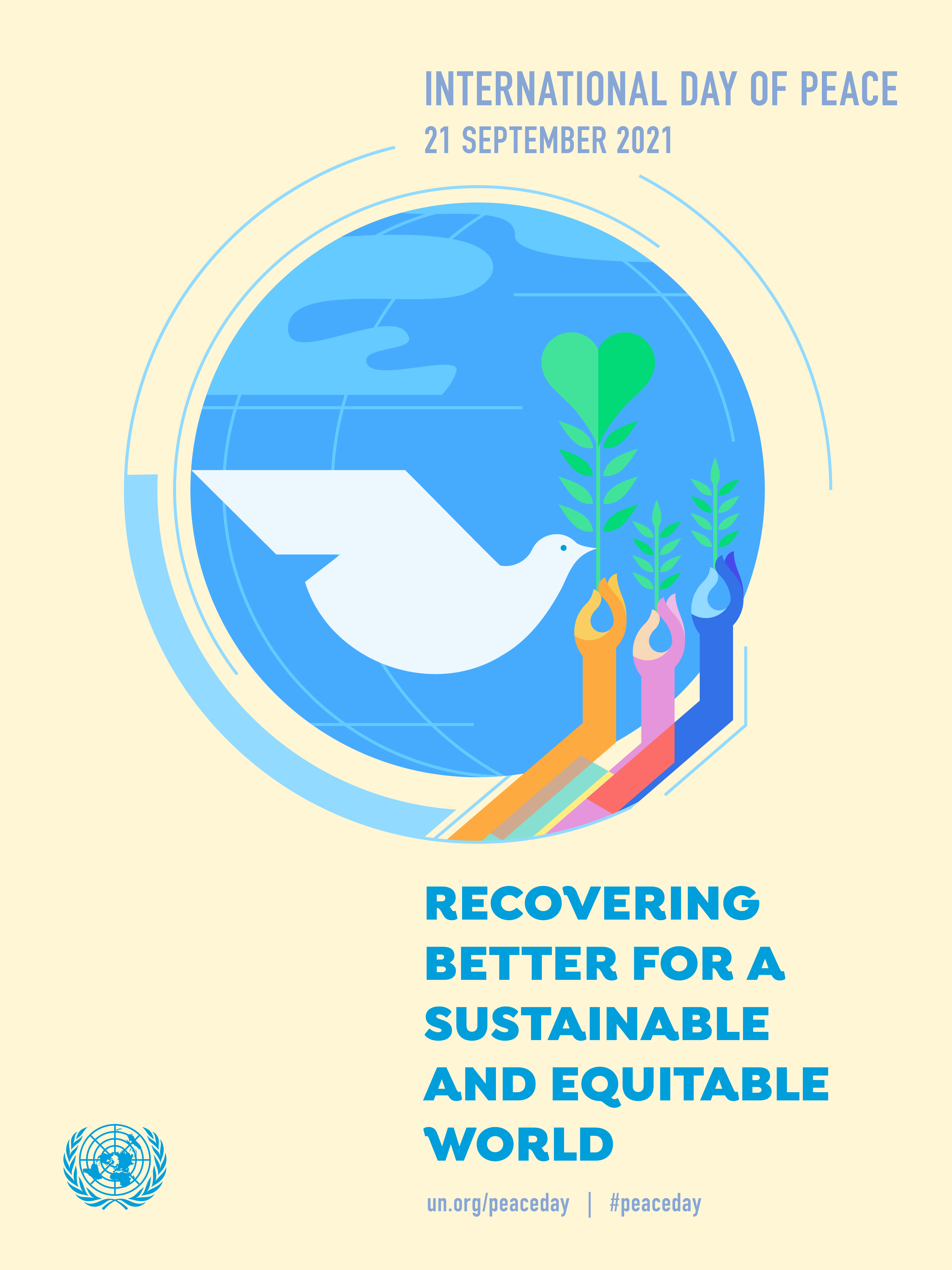

PROMOTING PEACE
|
||
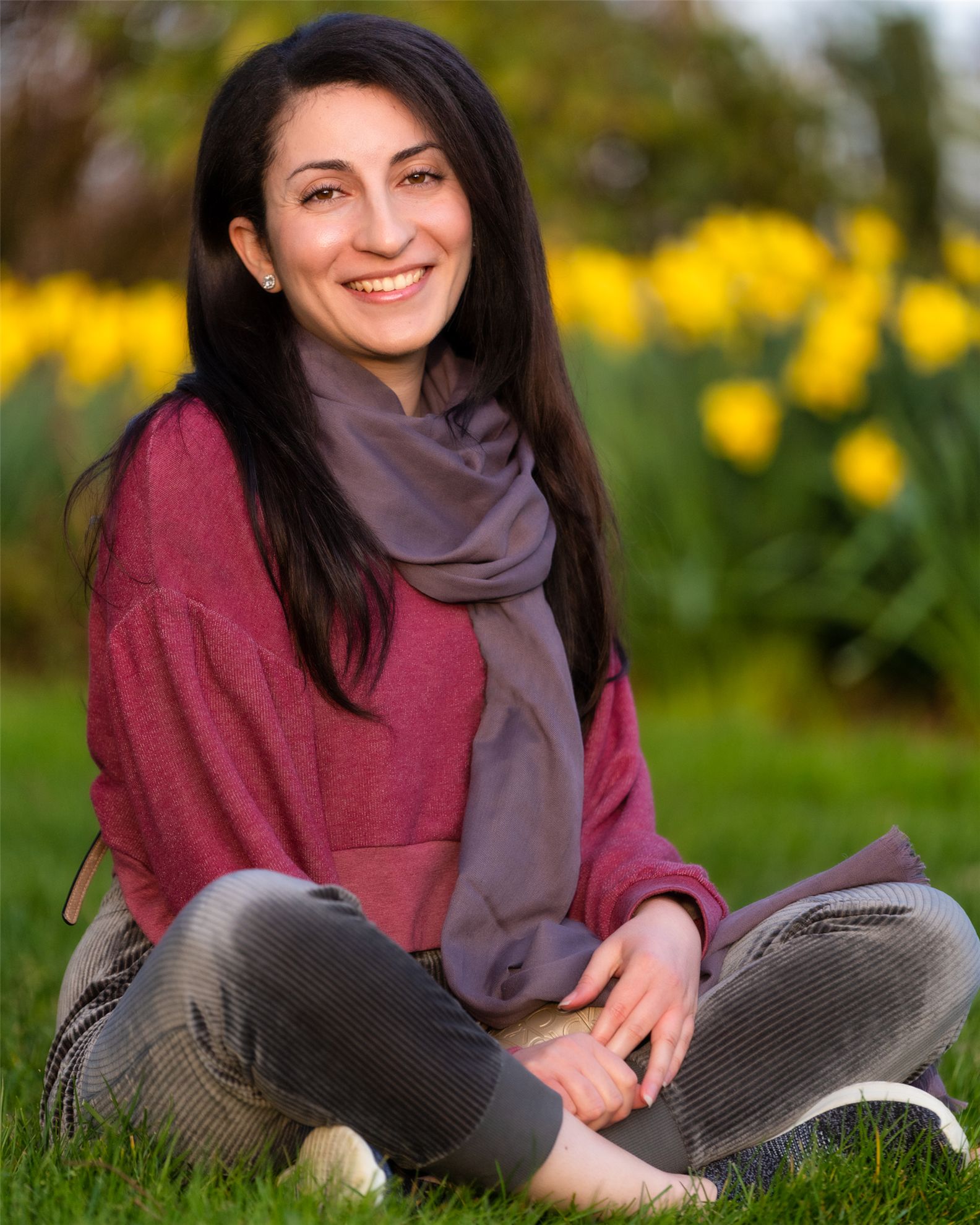 |
Reem serves on the boards of several international organizations: Rotary Club of Portland (one of the largest Rotary Clubs in the world), Hands of Peace (an organization that empowers youth to lead the solutions for peace between Israelis and Palestinians), Combatants for Peace (an international NGO and an egalitarian, bi-national, grassroots movement committed to non-violent action against the “Israeli occupation and all forms of violence” in Israel and the Palestinian territories), and Peace Village (an organization that creates access to peace education for children worldwide). Reem has provided leadership through several international projects and events. In 2018, she served on the organizing committee of the Environmental Sustainability and Peace Conference, one of Rotary International’s six Presidential Peace Conferences which was addressed by the Prime Minister of Canada, Justin Trudeau. She led the growth of the RAGFP Peacebuilder Club program from 22 clubs in the Pacific Northwest to over 270 clubs in 30 nations in less than three years. Reem is currently co-organizing the Rotary Peace Project Incubator, a gathering that aims to produce 40 international sustainable peace projects. Reem co-designed the 2020 Middle East Peace Education Trip to establish an experience for an international audience to create a fair understanding of the challenges and opportunities for peace in Israel and Palestine. She conceptualized and developed the Activate Positive Peace workbook which was presented at the 2019 Rotary Convention in Hamburg, Geneva Peace Week 2019 at the United Nations, and posted to the Positive Peace Academy by the Institute for Economics and Peace. Reem is the creator and host of the weekly Together for Peace webinar series which was designed to elevate social justice and peace issues. In this series, Reem interviews world-class leaders, including social entrepreneurs, organizational leaders, academics, peace activists, Nobel Peace Prize nominees, and inspiring Rotarians.
Reem is an advocate for Human Rights, economic development, social entrepreneurship, technological innovation, and creative arts. She recently advanced a data-driven study of COVID-19 policies and their impact on vulnerable populations as a machine-learning contributor at Omdena, a global platform that builds innovative and ethical AI solutions. Currently, Reem is leading a Peace Project that builds a social-entrepreneurship hub for Palestinian youth to build innovative technological solutions to peace obstacles in their community. Previously, Reem created economic development strategies for the City of Shenzhen to advance the city’s livability program. She combined art and innovation for the Planning of Livable Cities project led by the Department of City and Regional Planning at the University of North Carolina at Chapel Hill. Reem worked for the United Nations Crisis Prevention Unit in Fiji where she worked with government representatives and religious leaders to foster collaboration between the government and civil society. She organized the 2011 Ramallah Contemporary Dance Festival. This festival was mainly sponsored by the European Commission to promote mutual understanding through the creative arts. Reem advanced the 2010 International Conference for Human Values in Hamburg by integrating the Muslim community into the conference. This conference was held by the International Association of Human Values where Reem was completing her Yes We Can leadership program in Hamburg, Germany. |
|
|
||
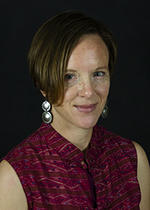 |
|
|
||||
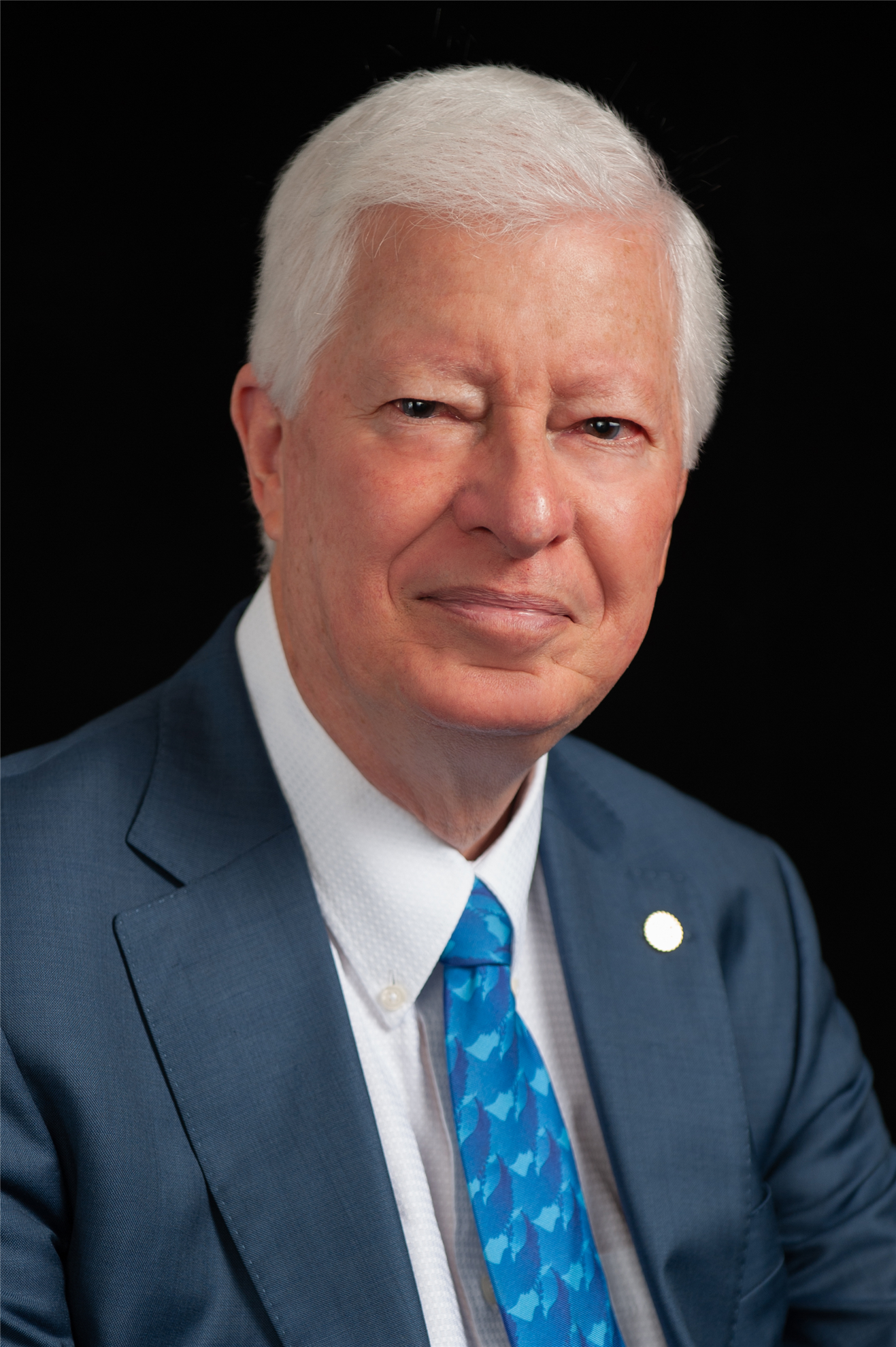 |
|
|||
Al Jubitz
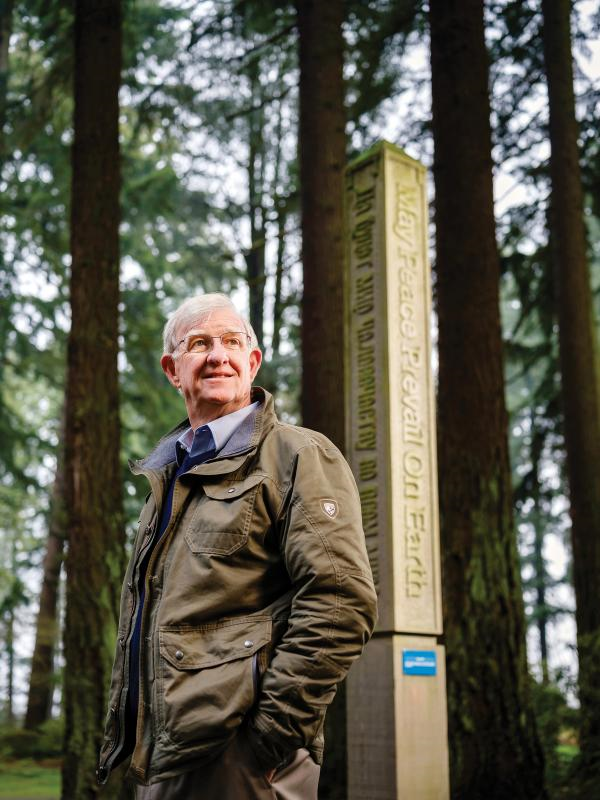 |
|
The Postive Peace Committee in District 5000
As a humanitarian organization, peace is a cornerstone of our mission. We believe when people work to create peace in their communities, that change can have a global effect. By carrying out service projects and supporting peace fellowships and scholarships, our members take action to address the underlying causes of conflict, including poverty, discrimination, ethnic tension, lack of access to education, and unequal distribution of resources.
Our commitment to peacebuilding today answers new challenges: how we can make the greatest possible impact and how we can achieve our vision of lasting change. We are approaching the concept of peace with greater cohesion and inclusivity, broadening the scope of what we mean by peacebuilding, and finding more ways for people to get involved.
Rotary creates environments where peace can happen.
Rotary and its members are:
- Practitioners: Our work fighting disease, providing clean water and sanitation, improving the health of mothers and children, supporting education, and growing local economies directly builds the optimal conditions for peaceful societies.
- Educators: Our Rotary Peace Centers have trained over 1,300 peace fellows to become effective catalysts for peace through careers in government, education, and international organizations.
- Mediators: Our members have negotiated humanitarian ceasefires in areas of conflict to allow polio vaccinators to reach children who are at risk. ary Peace Centers have trained over 1,300 peace fellows to become effective catalysts for peace through careers in government, education, and international organizations.
- Advocates: Our members have an integral role as respected, impartial participants during peace processes and in post-conflict reconstruction. We focus on creating communities and convening groups that are connected, inclusive, and resilient.